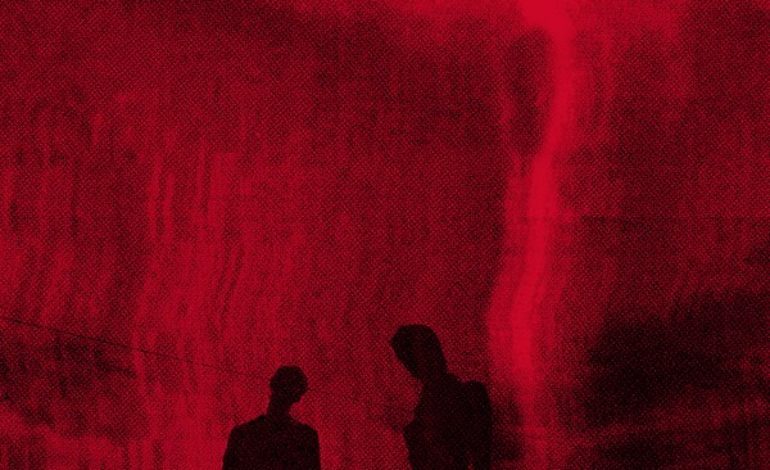

Lost Under the Radar?
Lost Under Heaven welcomes 2019 with Love Hates What You Become. The album boasts a range of tempos and emotions, starting and ending strongly. A duo made up of Ebony Hoorn and Ellery James Roberts, Lost Under Heaven can often be difficult to understand, with halves of sentences coming through their passionate singing. Picking one track to represent the whole album is damn near impossible, yet none of the quality is stripped in this difficulty to decide. Amidst Roberts’ peculiar singing voice and the various instrumentals, this is an album and band worth the time.
Moments of happiness and satisfaction appear in doses throughout, but Love Hates What You Become is predominantly conflicted and vulnerable. Break-ups, life changes and the tumultuous socio-political climate of today bring about powerful vocals and, at a slightly lesser frequency, cutting lyrics. “A serpent crawls around my neck” sticks out in “Bunny’s Blues,” among a few other standout lines scattered here and there. Similarly scattered are the trade-offs between the two singers, not following some verse-to-verse pattern or “you take this song, I got the next one” kind of deal. It’s an addition that turns heads in appreciation. Not all structures are worth adhering to.
Here’s a handy map for those seeking particular moods from this album: “Come” emulates the satisfaction of breaking things meant to be broken, while the closer, “For the Wild,” is when freedom strikes, when running around in complete bliss is the name of the game. “Bunny’s Blues” and “Serenity Says” are the most middle-of-the-road in terms of style and energy, the former succeeding mostly due to its guitar part, the latter due to its catchy chorus.
“Most High” is, fittingly, an accompaniment for the ascent to heaven, easily at home at the end of a movie. It is also one of the calm tunes, joining “Breath of Light,” “Black Sun Rising,” “Love Hates What You Become” and “Post Millennial Tension.” Luckily, each of them is distinct enough and offers their own color of soothing; none are quite as apocalyptic as “Black Sun Rising,” and none as inspired by modern day as “Post Millennial Tension.” It opens with chords in the piano, sounding the closest this album gets to pop music. While it is not always the case, the title track of this album is arguably the best. Its nurturing, reflective tone sends shivers down the spine yet also sends hugs the listener’s way. The variation on the title lyric, “Love who you become,” is welcomed, though it makes the overall message more complex.
“Savage Messiah” is alone in the category of pseudo-Western music, right at home in the Breaking Bad soundtrack, and it ends with sparing instrumentation, feeling sort of like a monologue. The Western vibes from this song are perhaps the most distinct from any of these tunes, yet neither “Savage Messiah” or any of the remaining nine songs directly speak to the red and black album artwork. Two silhouette figures stand near one another, potentially in conversation, yet remain mysterious, alluring as some crimson winds torment the sky. Similarly mysterious is how that artwork just, kind of, seems to fit the album well.
Lost Under Heaven might also be lost under the radar of the public’s attention, but not for much longer. Give this one a few spins and love what it becomes.
